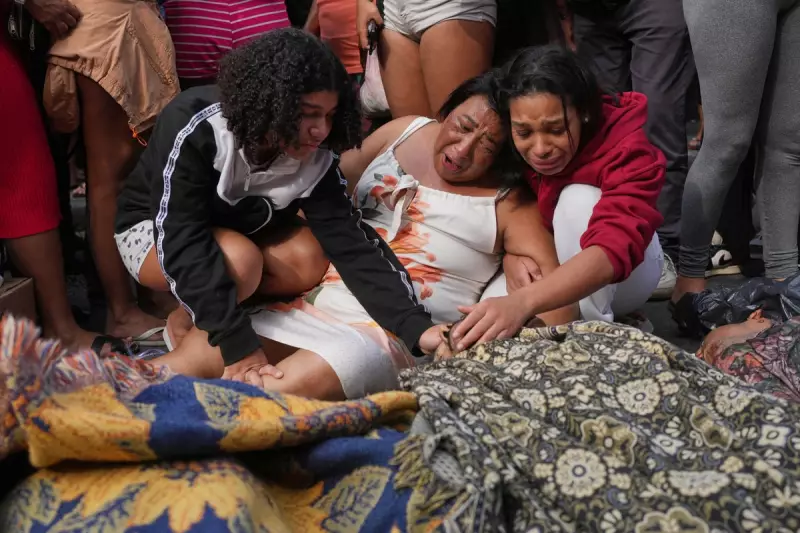
In the shadow of Rio de Janeiro's Olympic Park, a bitter battle over land and livelihoods is unfolding as Brazilian authorities continue their controversial urban clearance programme. The once-vibrant community of Vila Autódromo, home to generations of families, now stands as a testament to the human cost of rapid urban development.
The Disappearing Community
Where nearly 600 families once built their lives, only a handful remain, clinging to their homes amid the rubble of demolished neighbours. The community, which had existed for over four decades, has been systematically dismantled to make way for urban renewal projects linked to Rio's Olympic legacy.
"They're treating us like criminals for wanting to stay in our own homes," said one resident, who watched as heavy machinery reduced neighbouring houses to dust. "We built this community from nothing, and now they want to erase us from history."
Compensation Controversy
The eviction process has been marred by controversy, with residents reporting inadequate compensation offers that fail to account for the true value of their properties or the emotional attachment to their community. Many families have been offered alternative housing in distant neighbourhoods, far from their workplaces and social networks.
Local activists argue that the clearance represents a broader pattern of displacing poor communities from valuable urban land, prioritising commercial development over the rights of long-term residents.
Olympic Legacy Questions
The timing of these evictions has raised serious questions about the true beneficiaries of Rio's Olympic development. While the games promised urban regeneration and improved infrastructure for all citizens, critics argue that the reality has been quite different.
"What we're witnessing is the systematic removal of established communities to create space for commercial interests," explained a human rights observer monitoring the situation. "The Olympic legacy for many residents has been displacement, not improvement."
Resistance and Resilience
Despite the overwhelming pressure, a core group of residents continues to resist eviction, organising protests and legal challenges. Their struggle has become symbolic of similar battles being fought in developing cities worldwide, where rapid urbanisation often comes at the expense of vulnerable communities.
The remaining residents have fortified their homes and established a round-the-clock watch system, determined to protect what little remains of their community.
As Rio continues its transformation into a modern global city, the fate of Vila Autódromo serves as a stark reminder that urban development without proper community consultation creates winners and losers – and the losing side is almost always those with the least power to fight back.





